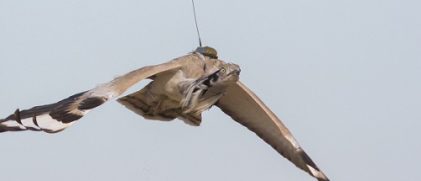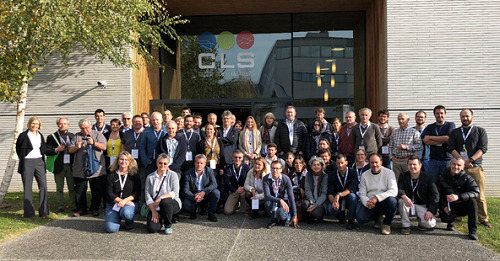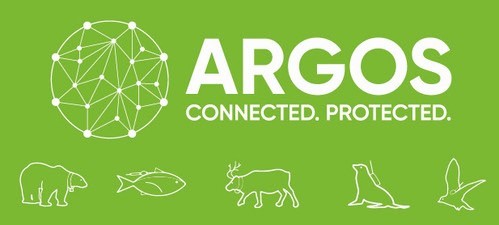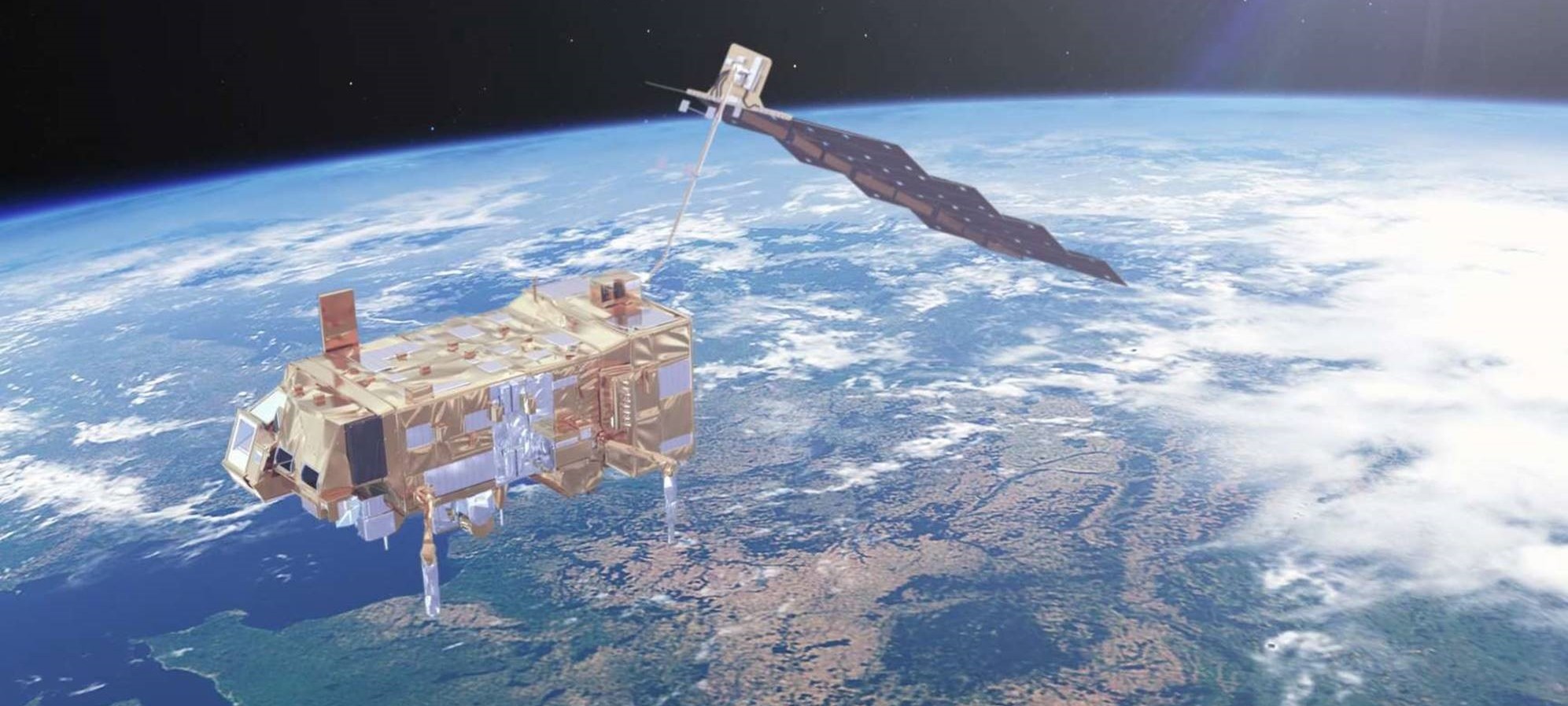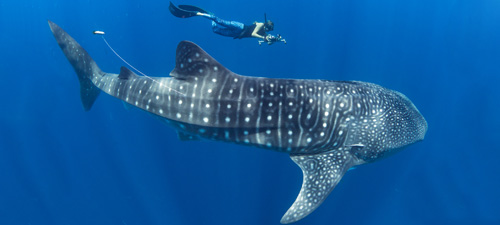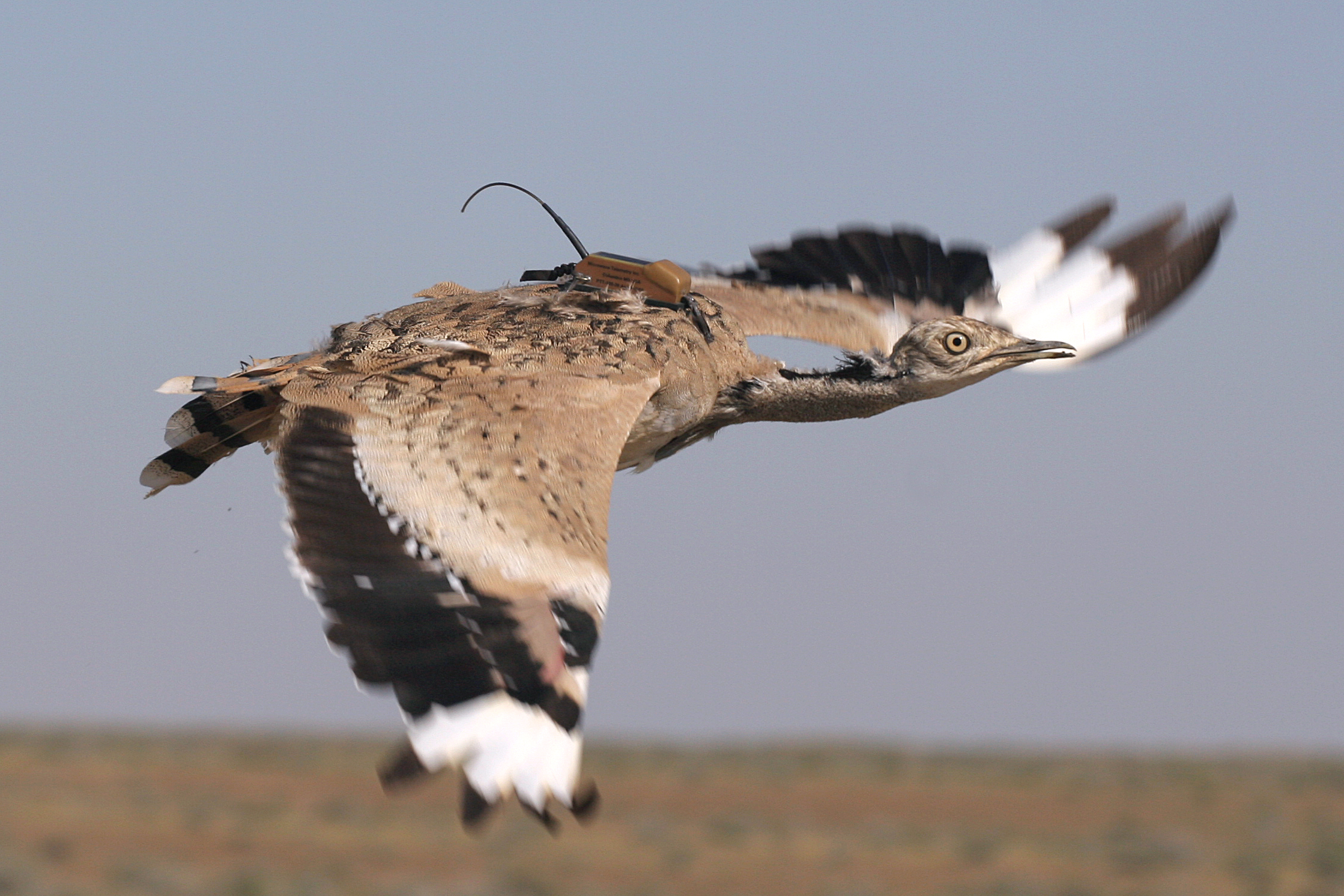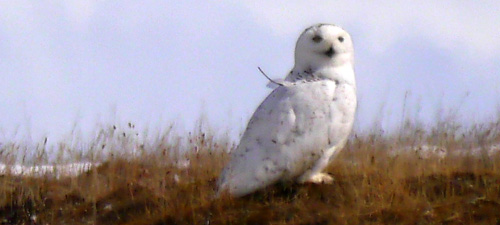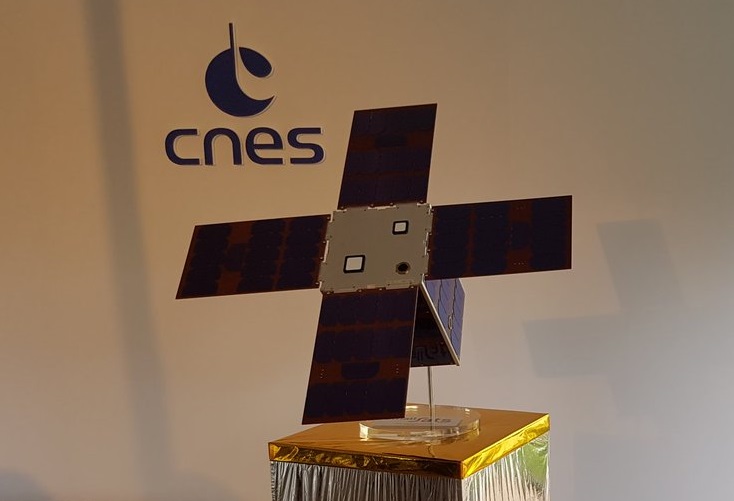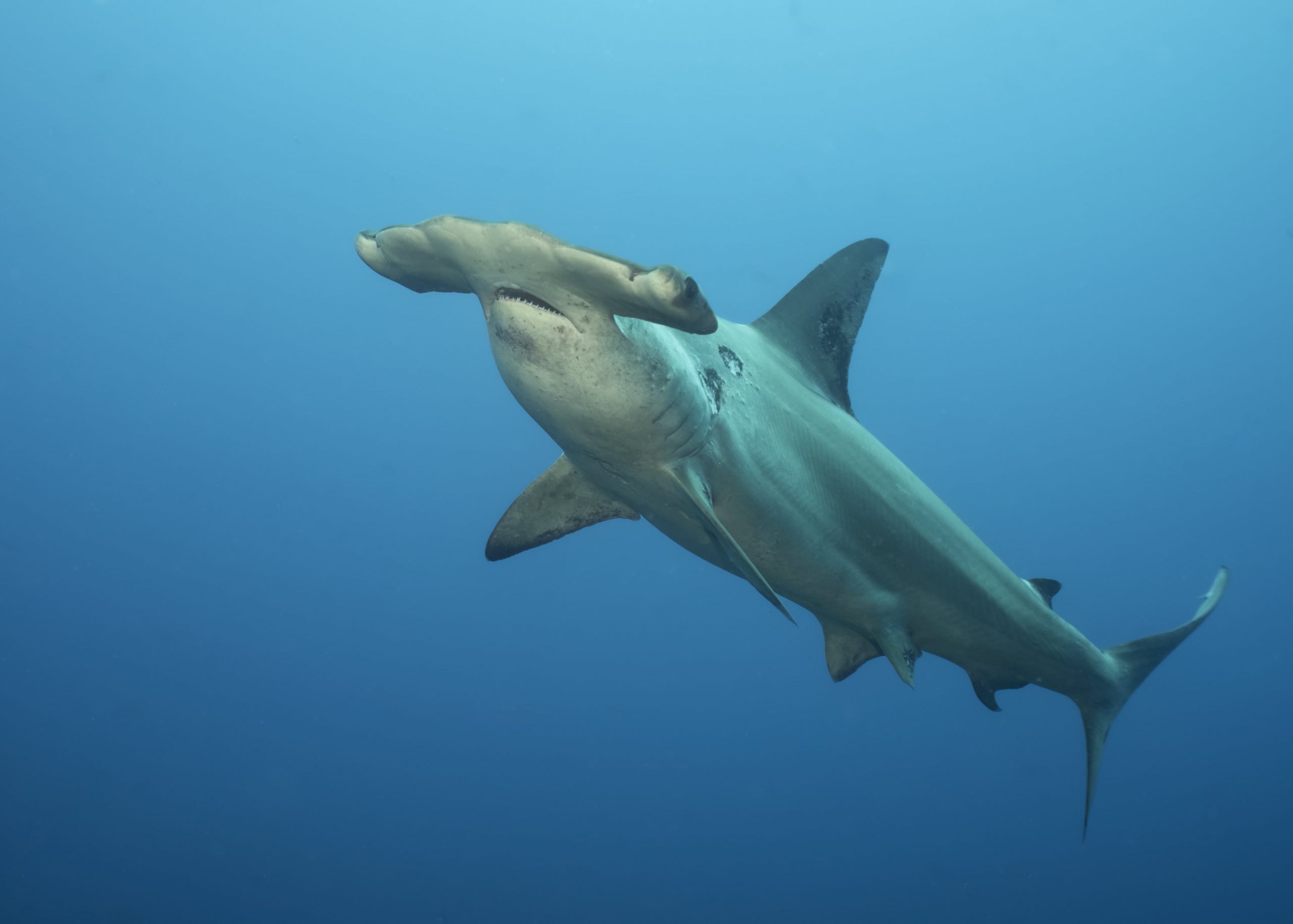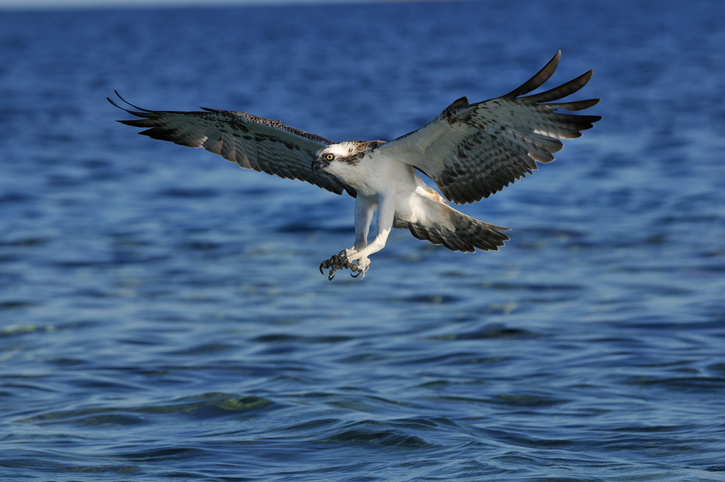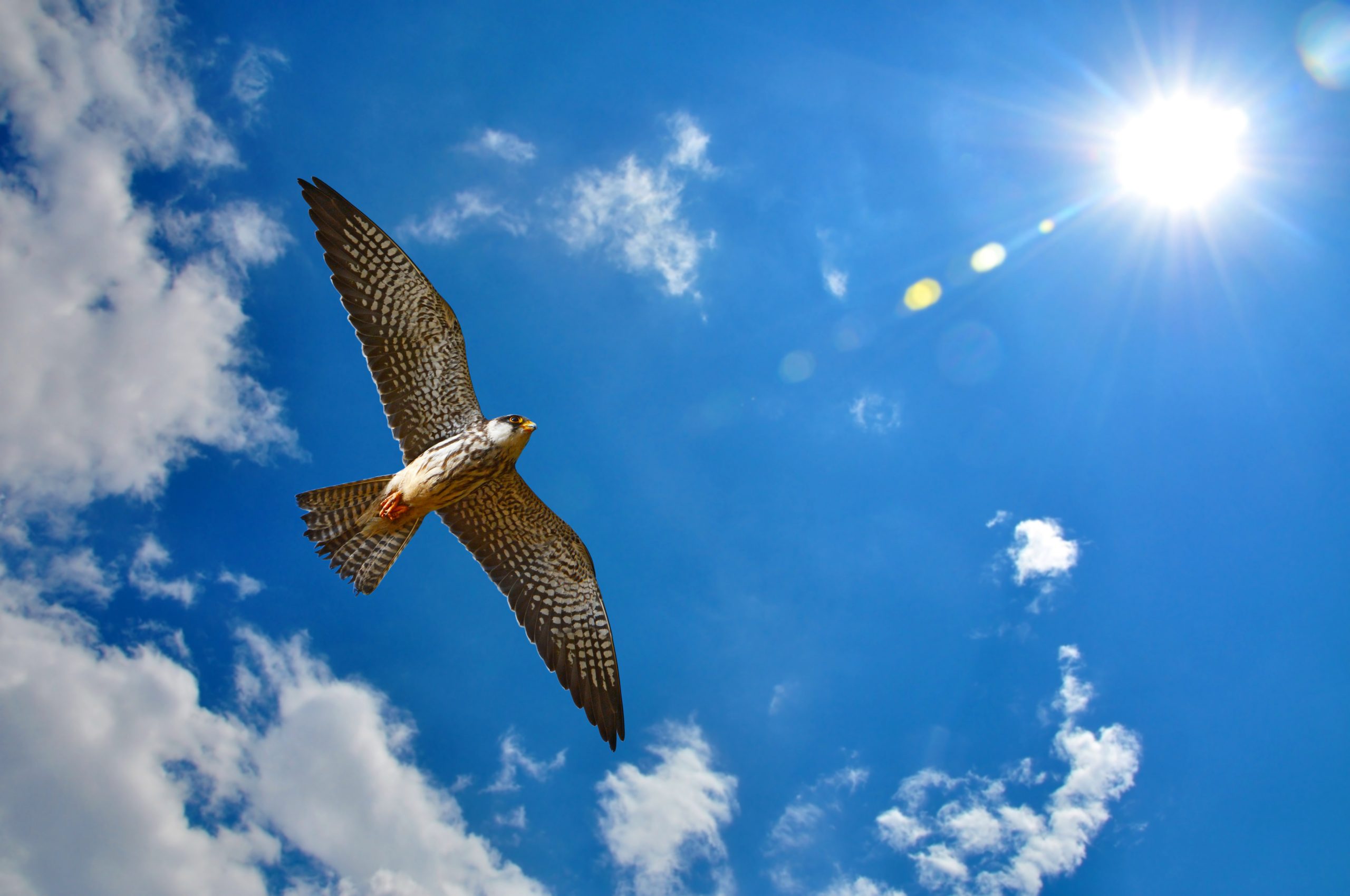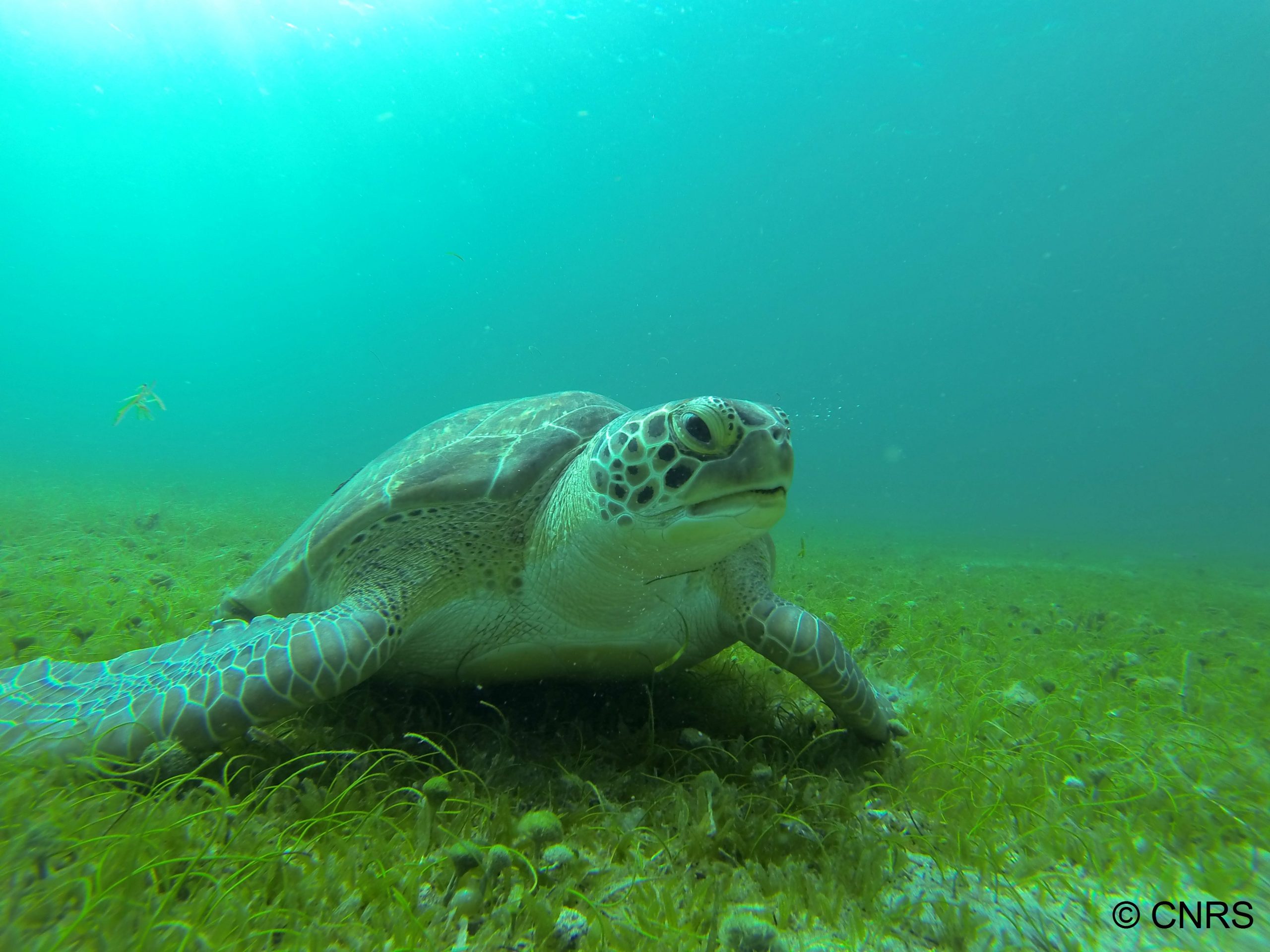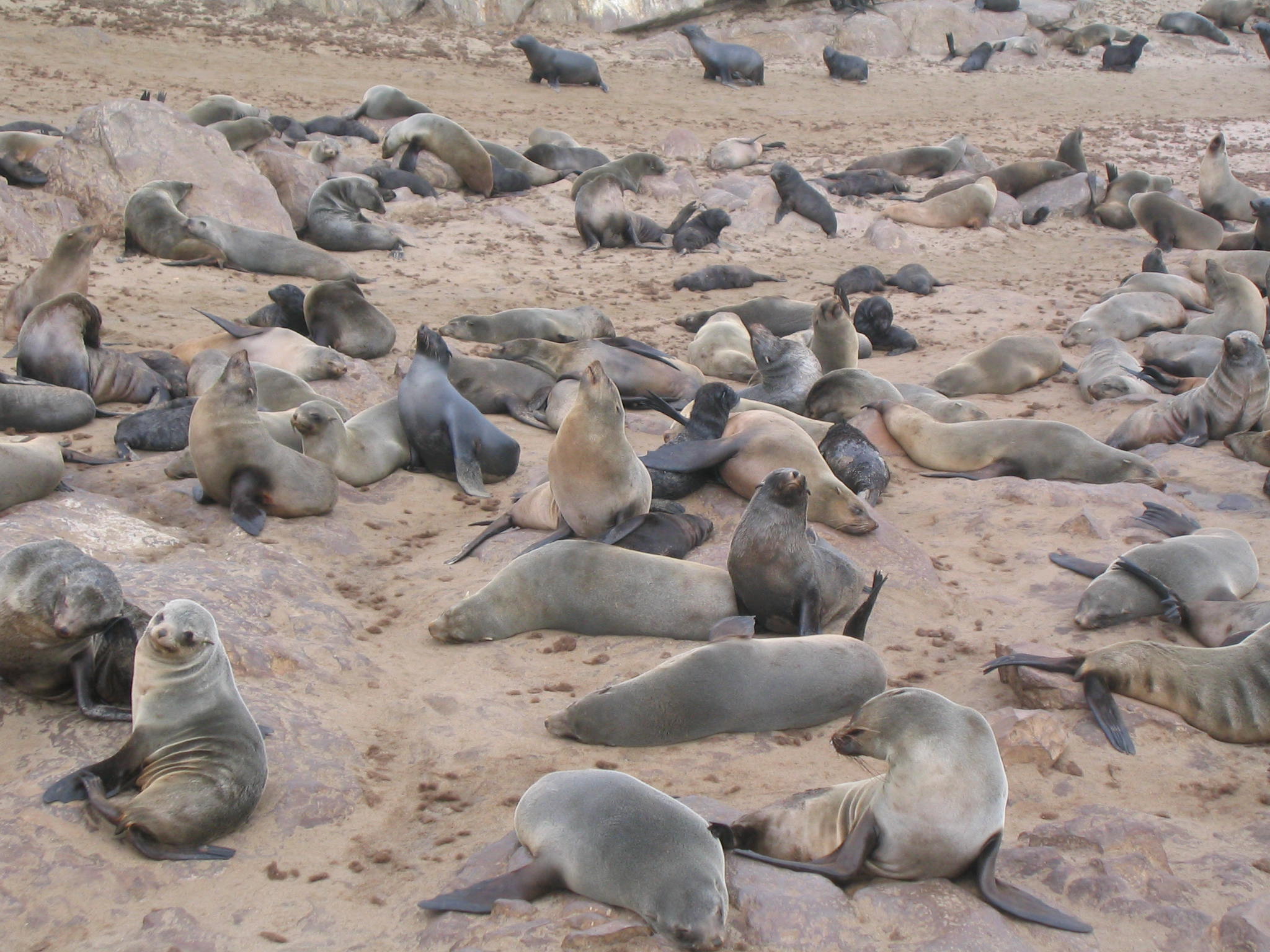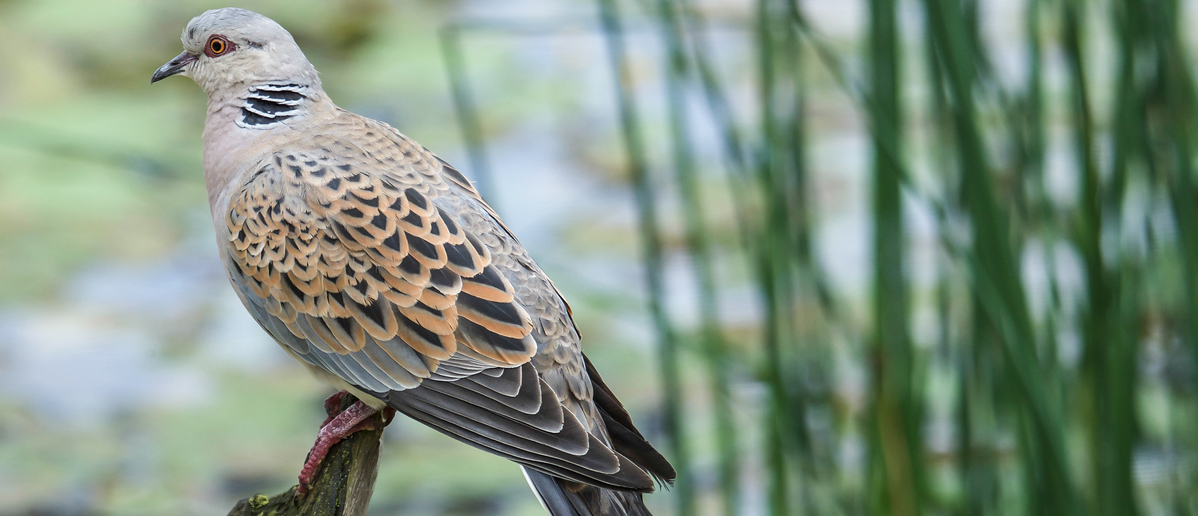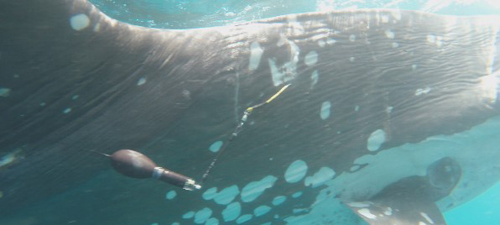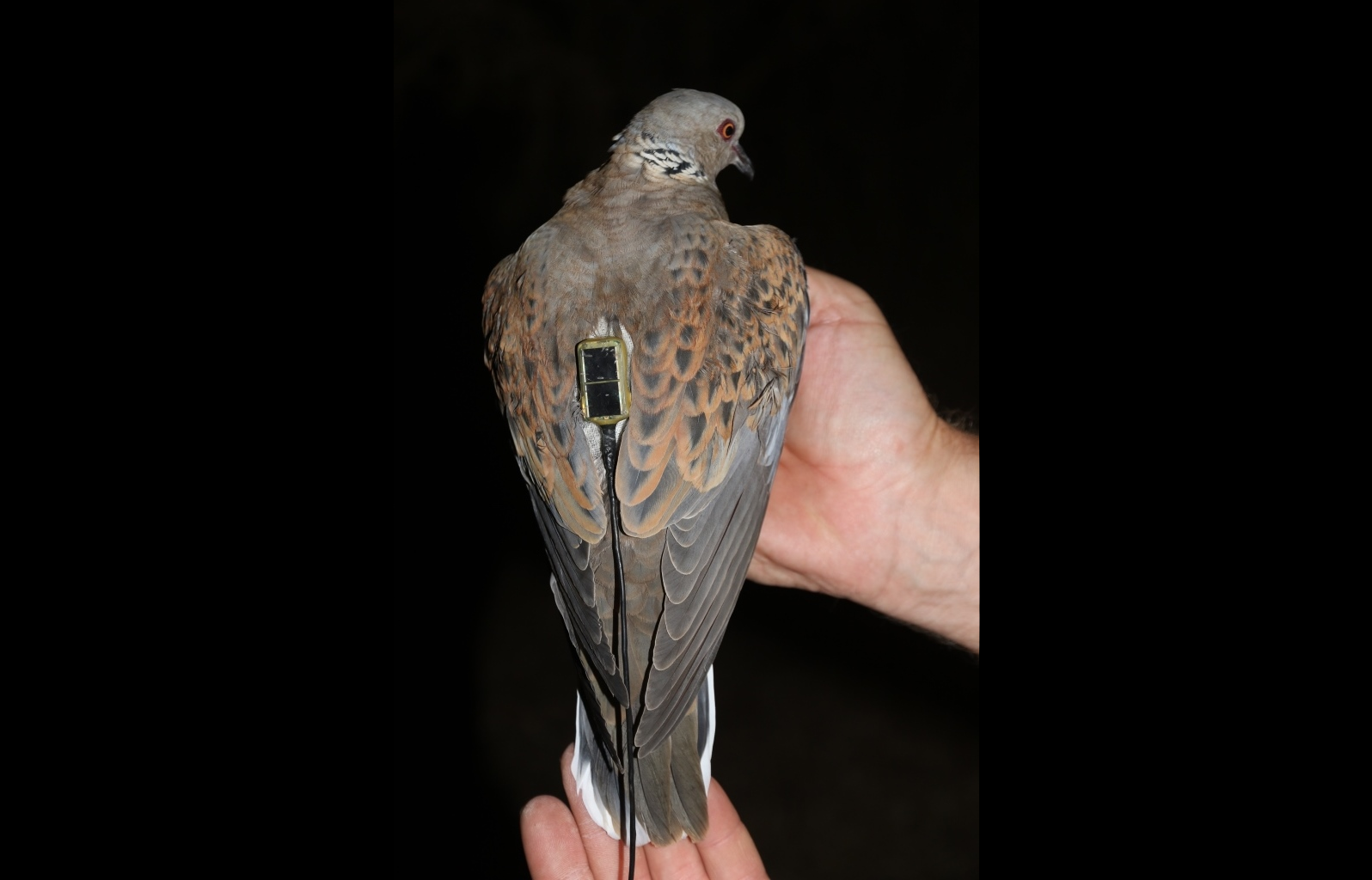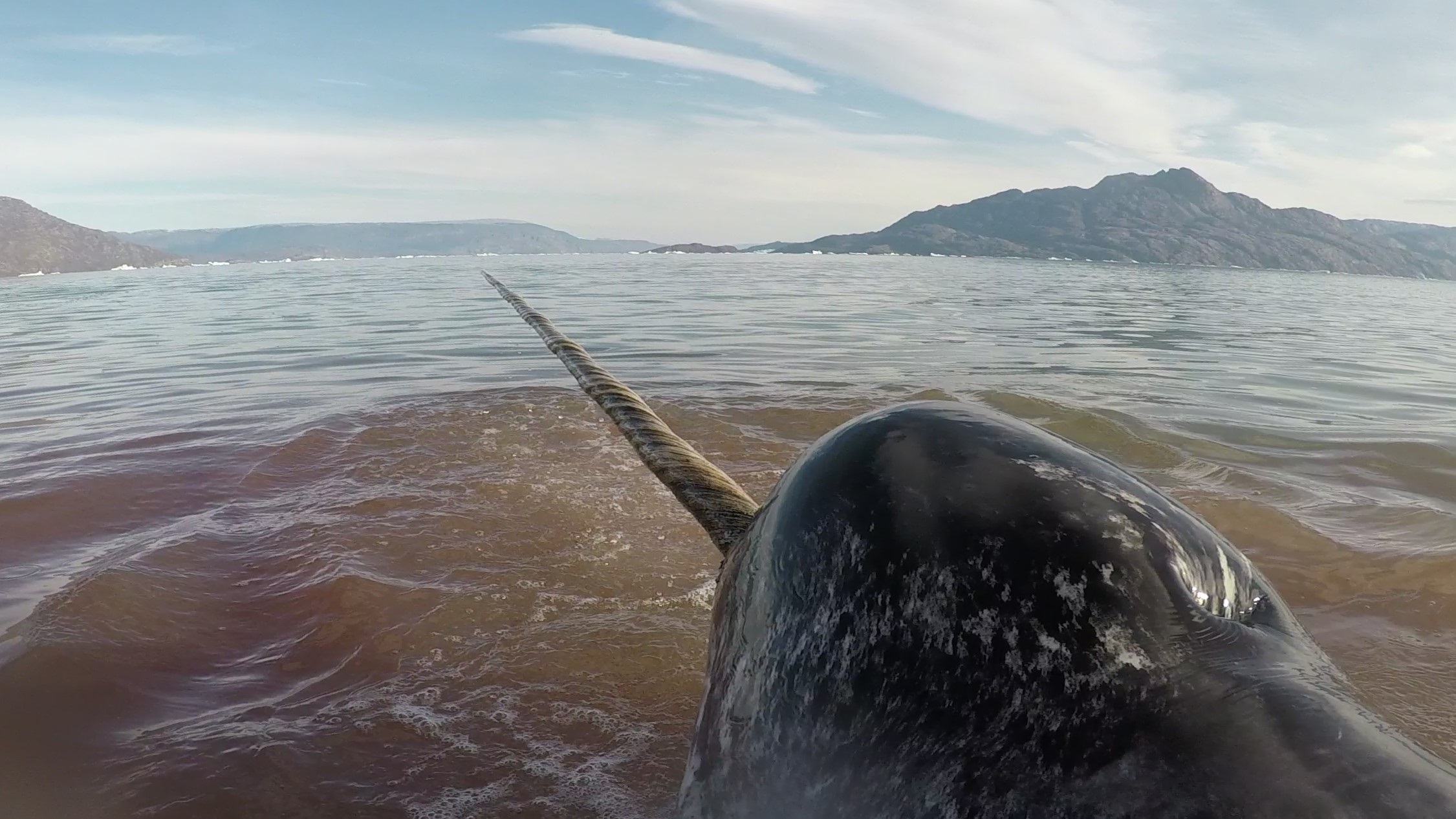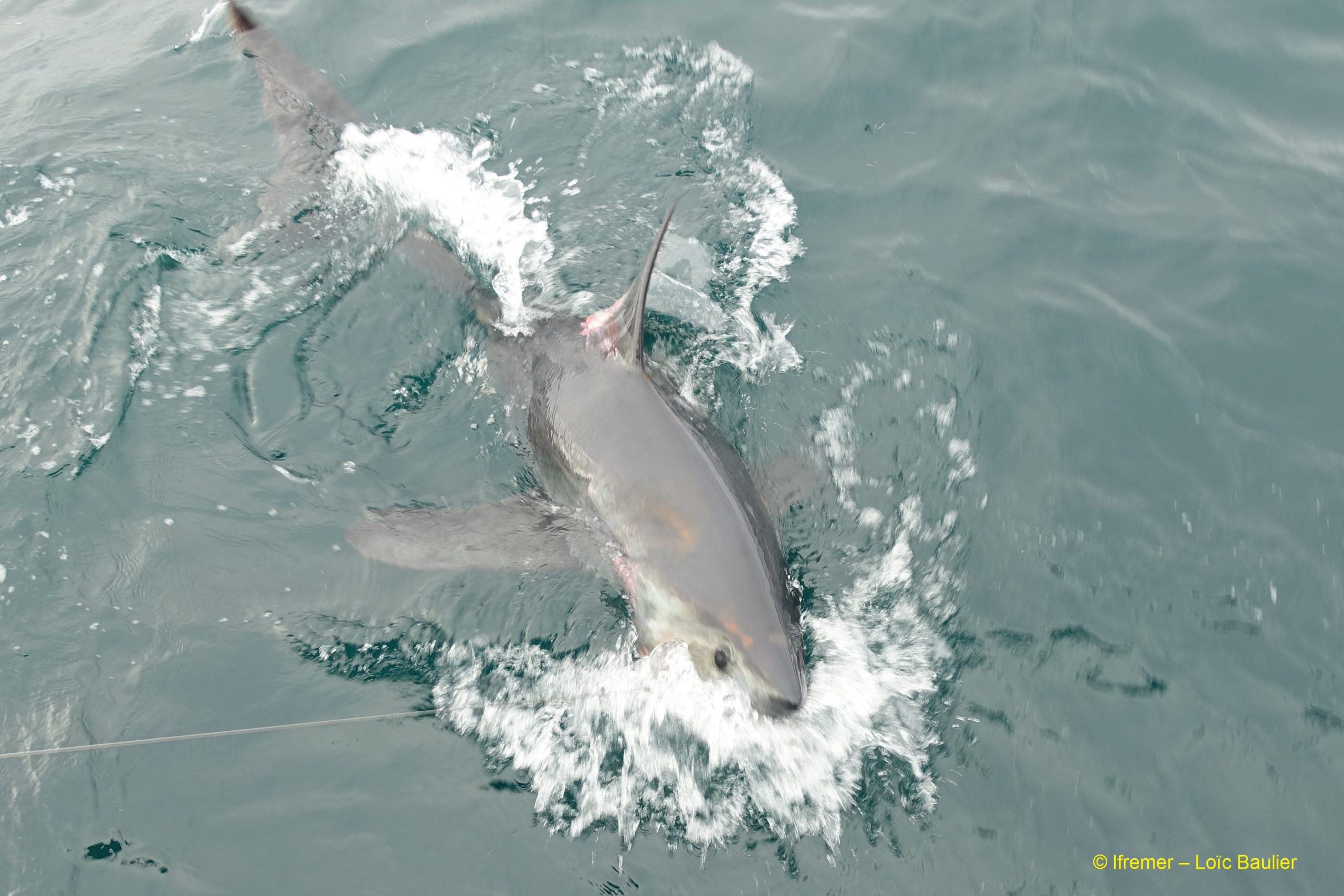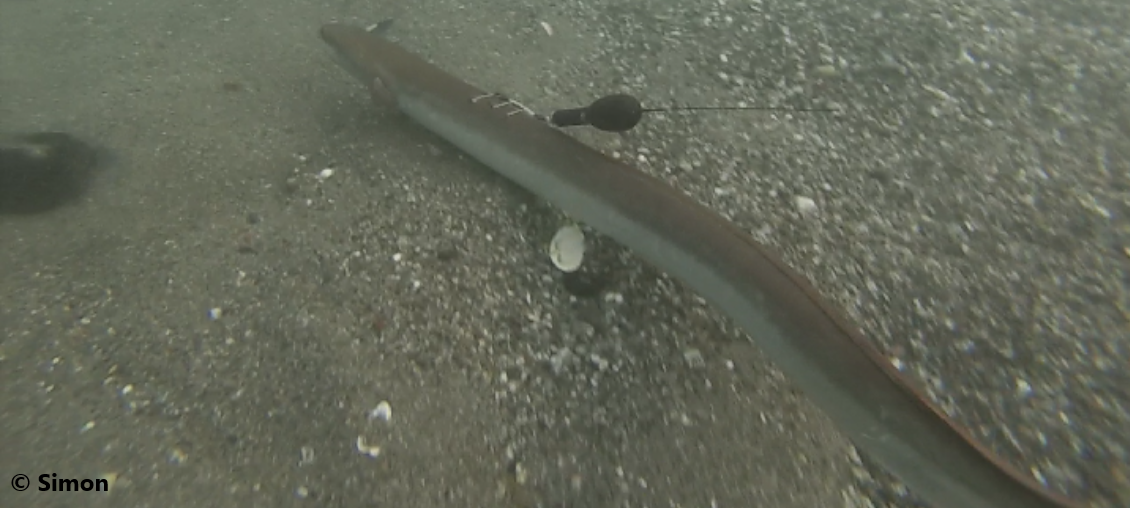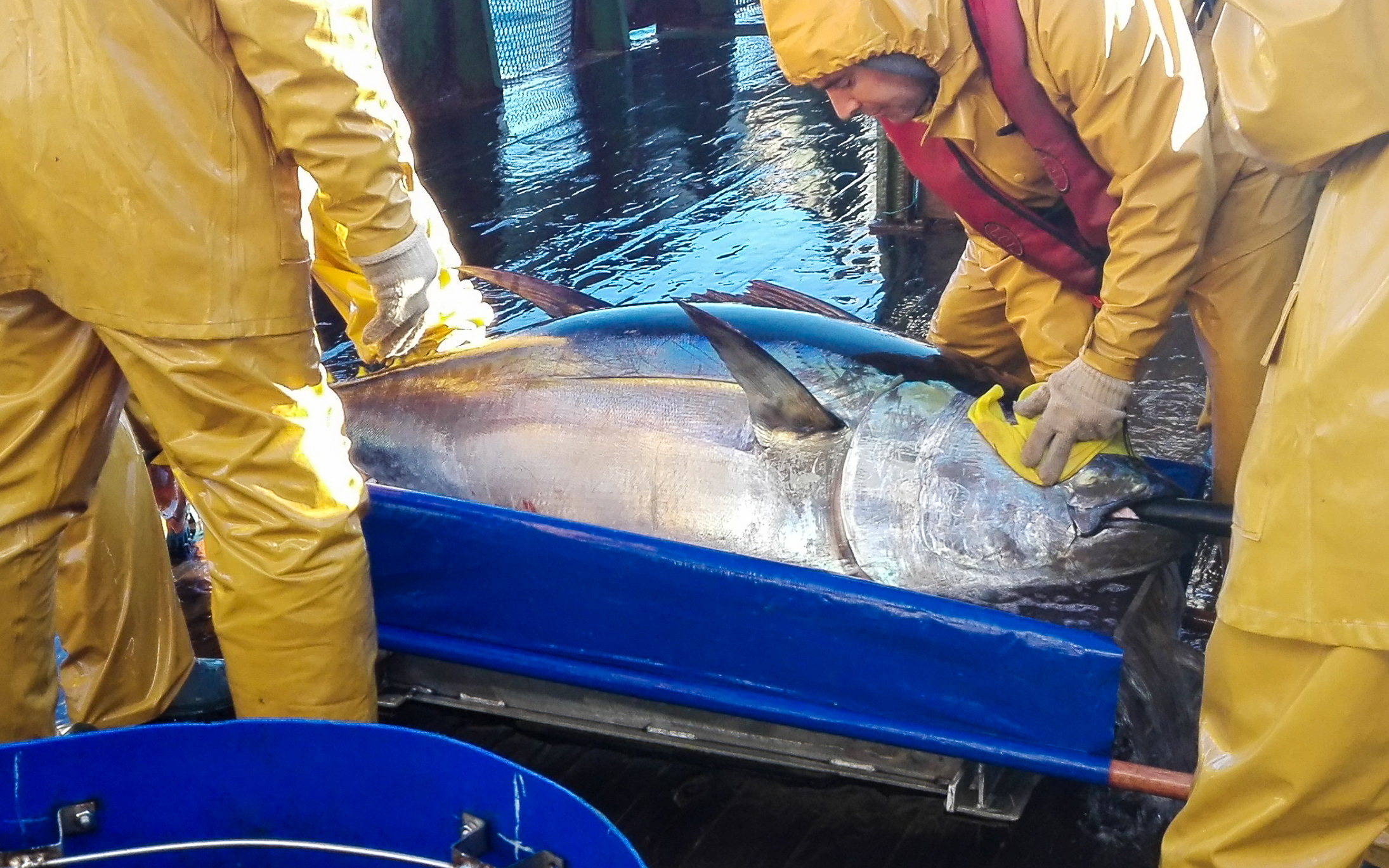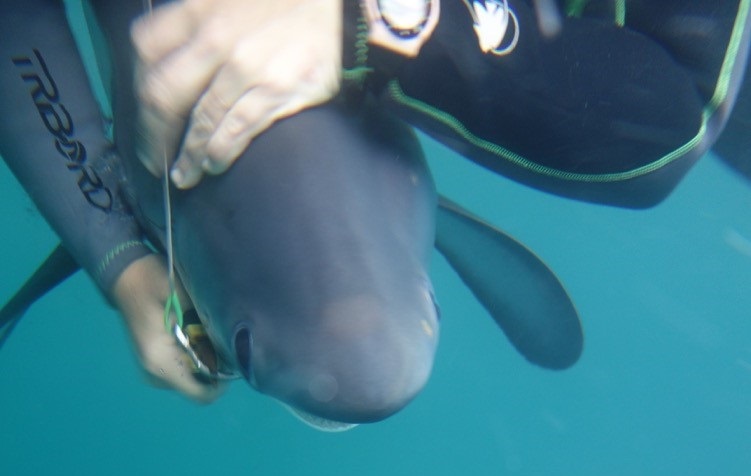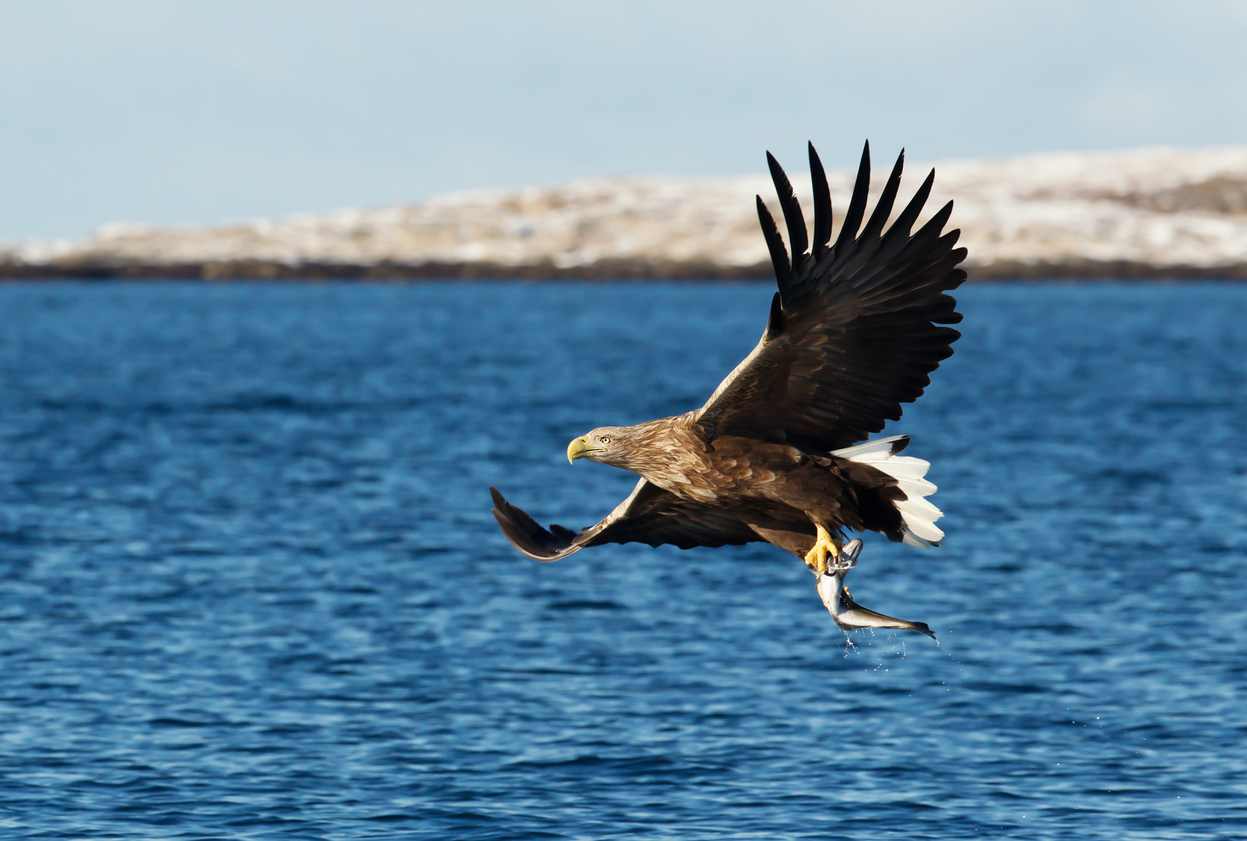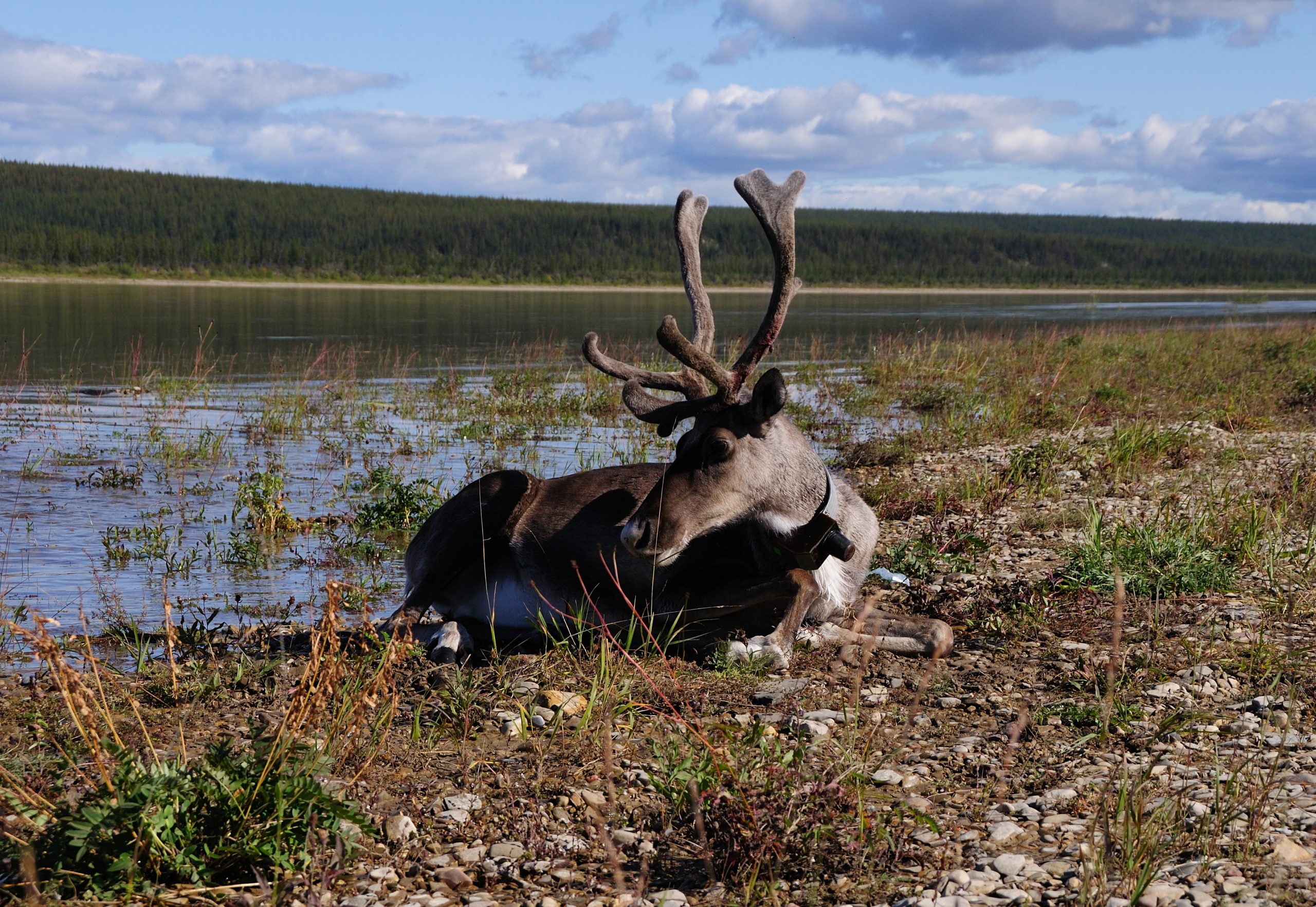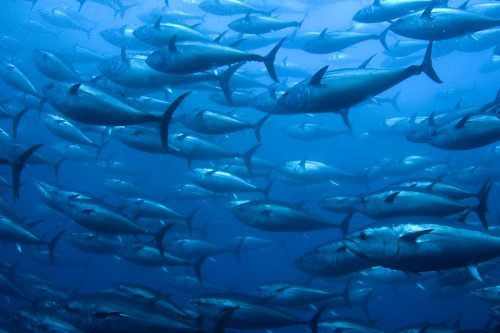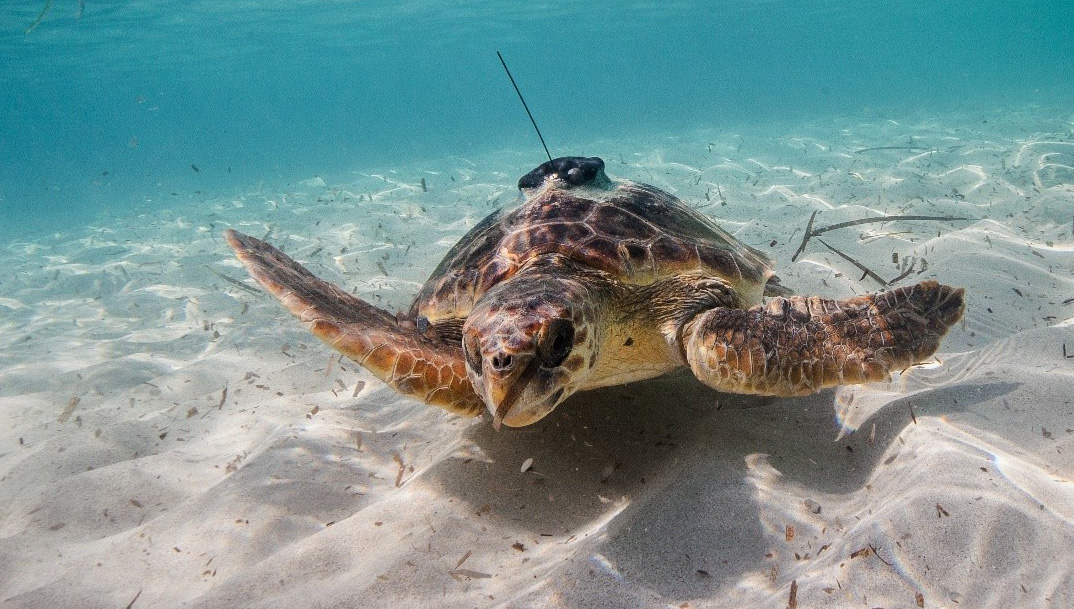Argos News
Search filters
Argos Forum #85 | Special Edition: European User Conference on Argos Wildlife
A tribute to the European User Conference on Argos Wildlife at CLS headquarters in Toulouse, France, November 21-22, 2018. Argos Forum #85 contents : Updates on Argos system &...
The European User Conference on Argos Wildlife: A success
From November 21st to 22nd a group of biologists and Argos tag manufacturers from many countries gathered in Toulouse to share their work using the Argos system at the European Users Conference on...
European Users Conference on Argos Wildlife
The European User Conference on Argos Wildlife 2018 (EUCAW) will be held in Toulouse, France, on November 21st & 22nd, 2018 at CLS headquarter. Fifty users from 15 countries will present their...
Argos-3 Instrument Successfully Activated on EUMETSAT’s Metop-C Satellite
On 16 November 2018, EUMETSAT's control centre (European Organisation for the Exploitation of Meteorological Satellites) successfully activated the Argos-3 instrument on the Metop-C satellite. The...
Whale Sharks in Madagascar
Whale sharks are living in all the warm oceans of our planet. Population repartition and behavior still need to be understood, as well as their movements. Example of a new feeding area for juvenile...
New Argos-3 Payload to Launch on MetOp-C Satellite in the Night of November 6th – November 7th
CLS is pleased to announce that a new Argos-3 (A-DCS) payload is in orbit, as of 0h47 UTC on November 7th. This new Argos instrument, designed by the French Space Agency (CNES), is launched onboard...
Satellite Tracking to Create the Demographic Evidence-Base for the Sustainable Management of Hunted Asian Houbara
As Robert J. Burnside of the University of East Anglia explains in his presentation at the European User Conference on Argos Wildlife, the migratory Asian Houbara Chlamydotis macqueenii is...
The Revolutionary New Argos Chipset from CLS and Its Partners
CLS and its partners have developed revolutionary new technology, an Argos chipset for uplink and downlink communication. Its small size and weight, just 7 mm x 7 mm and under 1 gram, are...
Where Snowy Owls Are Wintering?
Snowy owls are large birds living North of America and Eurasia, with white/spotted white feathers. They are migrant birds, but in an unpredictable way – they can winter as south as the American...
Argos-4 Coming Soon: A New Momentum for the Argos System
Argos is a collaborative, international satellite system dedicated to environmental monitoring that has been flying for 40 years. Today, thanks to 6 operational satellites, it provides global...
Hammerhead Shark Research: Knowledge from the Populations in the Canary Islands
Hammerhead Shark Research is a project that studies hammerhead sharks Sphyrna spp in the Canary Islands with the aim to contribute scientific base knowledge of these species in an understudied...
The Annual Cycle of German Adult Ospreys
During 1995 – 2011 we marked 28 adult Ospreys in NE-Germany with satellite tags working up to eight years. All except three males wintered in West Africa. The migratory paths followed while in...
Satellite Tracking of Amur Falcon Reveals the Longest Migration of Any Raptor Species
The title for undertaking the most arduous of all raptor migrations, belongs certainly to the Amur Falcon, which is a complete transcontinental, transequatorial, long-distance flocking migrant. The...
Combining Argos and Genetics to Reveal Connecting Paths Between Juvenile and Adult Habitats in the Atlantic Green Turtle
At the European User Conference on Argos Wildlife, Philippine Chambault of IFREMER presents this fascinating project of the French Research agency IPHC-CNRS. Although it is commonly assumed that...
Tracking Turtles to Inform Conservation
Brendan Godley, of University of Exeter has been tracking turtles using the ARGOS system for 20 years and has been involved in collaborative projects that have tagged over 500 hundred animals across...
Understanding the Movement of Pygmy Blue Whales in New Zealand Waters
There is little known for cetacean species such as pygmy blue whales, but they are at the forefront of protection policies around the world. The distribution of those whales around New Zealand are...
European Users Conference on Argos Wildlife
The European User Conference on Argos Wildlife will be held in Toulouse, France, on November 21st & 22nd, 2018. All Argos users, manufacturers or potential users are welcome to attend this...
The Missing Link: Pelagic Prey Field Prediction for Southern Ocean Marine Predators
Southern Ocean predators tend to lead cryptic lives, which in many cases are spent mostly at sea. This makes their foraging behaviour inherently difficult to study. Furthermore, numerous species are...
Using Argos for Turtle Dove Management
Hervé Lormée, of the French Office National de la Chasse et de la Faune Sauvage, will present his work Argos at the European User Conference on Argos Wildlife (EUCAW). The European Turtle Dove...
Finding Sunfish’s Pop-Up Argos Tag with Goniometer
The Tuna and Billfish Tagging Project in Taiwan uses Argos satellite telemetry pop-up tags to track pelagic species. A total of five tags were recently retrieved using Argos Goniometer, including...
The RSPB and Argos: An Overview of Using Satellite Telemetry in Scientific Research
At the European User Conference on Argos Wildlife (EUCAW), Nigel Butcher will discuss how the Royal Society for the Protection of Birds (RSPB) has benefitted from the Argos tracking system. His...
Unveiling the Life of Arctic Marine Mammals Through the Use of Satellite Telemetry
Some of the most intriguing questions about migrations and natural behavior of marine mammals are focused around Arctic seals and whales. Animals that are widely dispersed in inaccessible areas and...
New Insights on Porbeagle Stock Structure in the North East Atlantic from PSAT Deployments
At the European User Conference on Argos Wildlife (EUCAW), Gérard Biais, Ifremer, reports on the porbeagle shark (Lamna nasus), a large pelagic shark found throughout the North Atlantic. The state...
Silver Eel Migration Behaviour in the Mediterranean Sea
Although Mediterranean ecosystems such as coastal lagoons are known to be productive habitats providing numerous silver eels in short generation time, migration routes used by silver eels in the...
The Experiences of the Atlantic Ocean Tropical Tuna Tagging Programme
The Atlantic Ocean Tropical Tuna Tagging Programme is a 5 year duration project funded by the EU (DG-DEVCO) and ICCAT signatory countries (CPCs). Its aim is to improve the management of the three...
COLSHARK Program: First Satellite Tagging of Thresher Shark (Alopias Pelagicus) in Eastern Tropical Pacific Ocean
Armelle Jung’s presentation at the European User Conference on Argos Wildlife (EUCAW) will focus on the pelagic thresher shark (Alopias pelagicus). It is one of the largest and most abundant open...
The Utility of Argos Satellite Tagging in Monitoring a Long-Lived Raptor: White-Tailed Sea Eagle Reintroduction to Ireland
Allan Mee, of the Golden Eagle Trust, Norwegian Institute for Nature Research, presents his work reintroducing white-tailed sea eagles, at the European User Conference for Argos Wildlife (EUCAW). As...
Reporting on the Work of Russian Scientists in the Arctic Using Specialized Argos Tags
Alexandre Salman, of ES-PAS, reports on the work of Russian scientists at the European User Conference on Argos Wildlife (EUCAW). As he explains, since Argos instruments fly onboard polar-orbiting...
Use of Argos Data for Fisheries Management & Conservation: ICCAT Perspective
Francisco Alemany's presentation at the European User's Conference on Argos Wildlife (EUCAW) will focus on the ICCAT Atlantic Wide Research Programme for Bluefin Tuna (ICCAT GBYP) started with...
Oceanographic Turtles: Integration of Sea Turtle Tracking With Ocean Observing Systems
At the European User Conference on Argos Wildlife (EUCAW), David March will present the “Oceanographic Turtles” project which aims to provide the scientific basis to support the development of risk...

